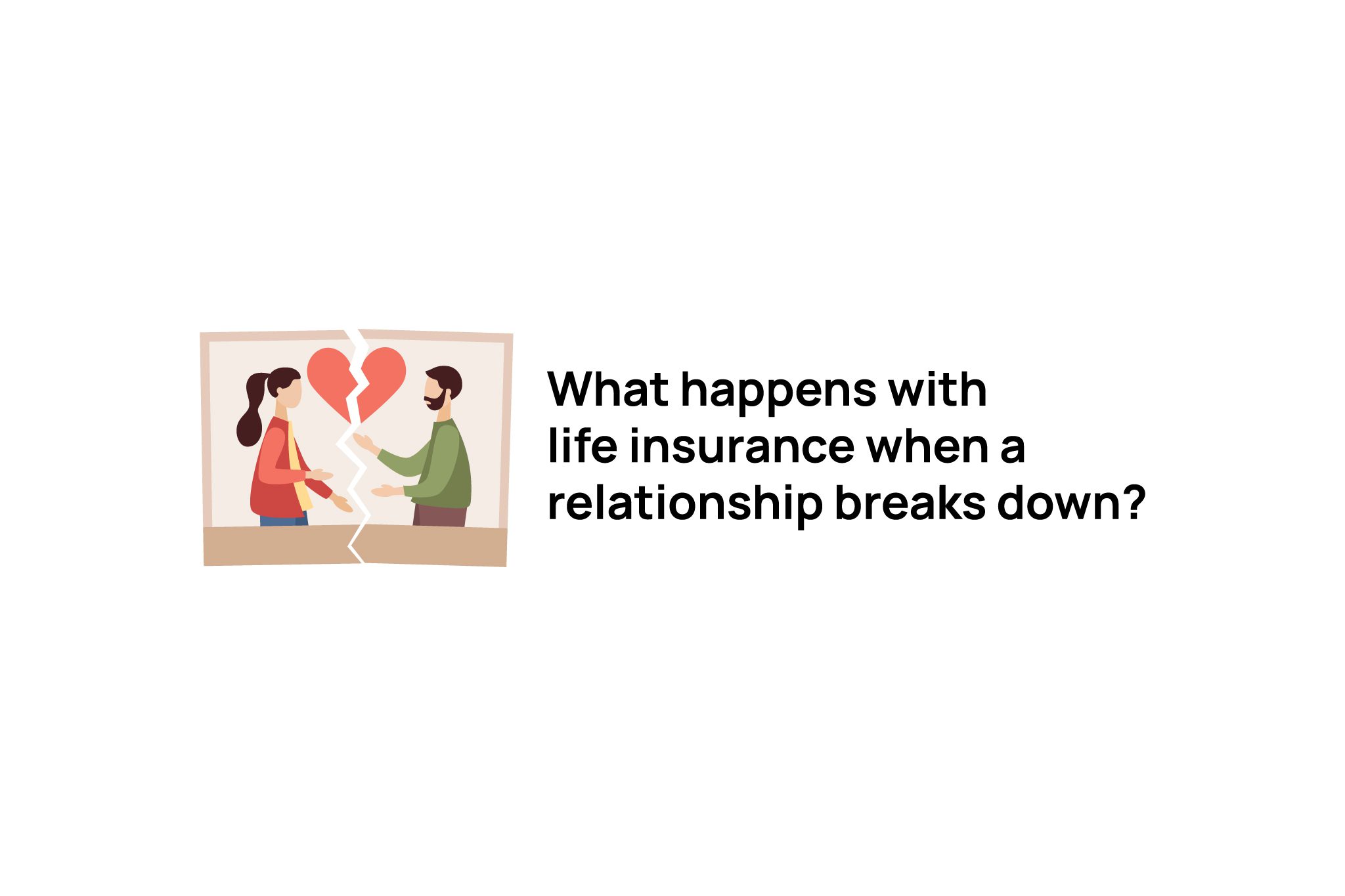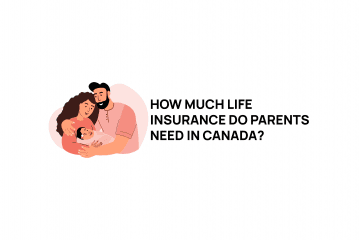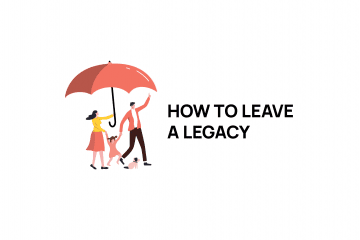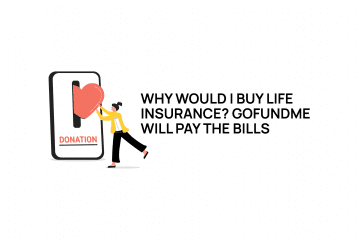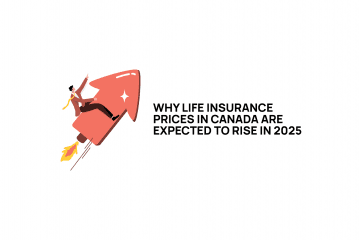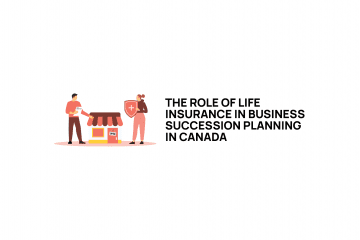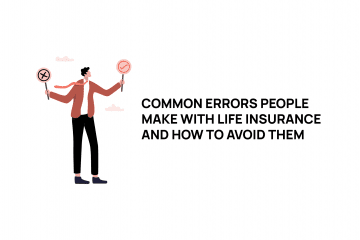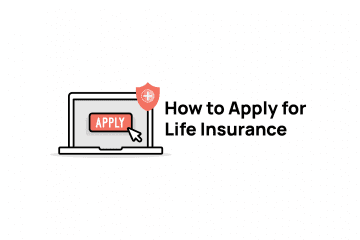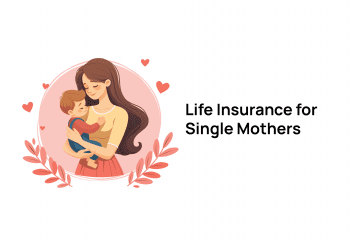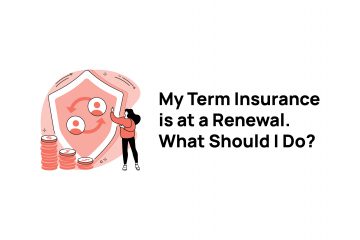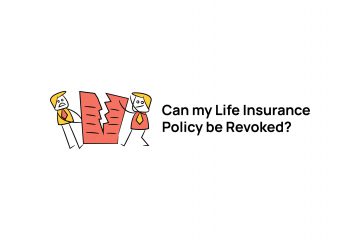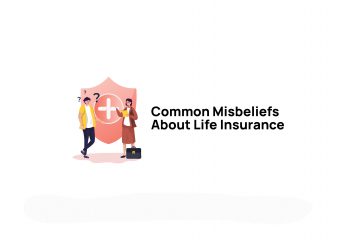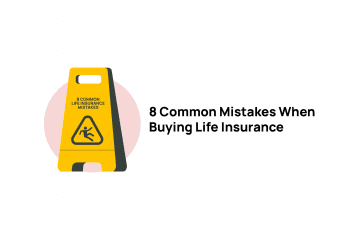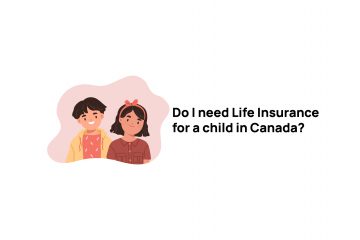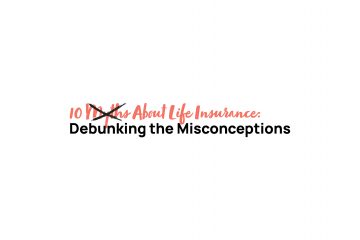What happens with life insurance when a relationship breaks down? Many couples who are either married or have been together in a common-law relationship will have life insurance policies as part of their overall financial security plan. Having insurance in place that protects your loved ones from the financial uncertainties around an unexpected death is commonplace. But what happens to a life insurance policy when there is a breakdown that results in the relationship ending? Included with all the physical and emotional stress that comes with separation from your partner, there is the fact that you need to come up with a plan to deal with what you will do with your life insurance going forwards.
How you deal with insurance policies often has to do with several factors. Many of them will be negotiated in your separation and divorce agreement. Make sure that you follow those agreements faithfully, as they are legally binding. Here are some things that you should consider when you are negotiating these settlements.
In This Article:
- Is it a joint policy?
- What about single-life policies?
- Are children in the picture?
- Changing your policy after a divorce
- Cash value life insurance
- Can I take out a policy on my former spouse?
- Conclusion
Is it a joint policy?
Many insurers offer policies that are sold on a joint-first-to-die or a joint-last-to-die basis. These are policies that are underwritten based on two lives being covered by a single death benefit that is paid out when either the first or second person dies (first or last). Joint-first-to-die policies are often set up by couples that are looking to insure a debt like a mortgage, and they pay a single benefit to the surviving person who is covered by the policy. The need is the same for each person, and historically it was a bit less expensive to cover two people in a single policy (fewer administration costs being the main reason). When a relationship breaks down, these types of policies become a bit more difficult to deal with. Typically, they can’t be severed into separate policies, so a plan on how to handle the policy needs to be agreed upon by the covered individuals. If the policy is maintained, it needs to be agreed upon that the person who survives longest will receive the death benefit and how the premiums will be paid needs to be determined as well. If an agreement can’t be reached, then in most cases, the best choice is to allow this type of policy to lapse and for each person to seek out their own individual coverage based on their needs.

What about single-life policies?
If you and your partner both own an individual policy, you must make the decision about who your beneficiary should be. In situations where support payments are required, it may be ordered that the payor maintains the receiving partner as the beneficiary on their policy. If that isn’t the case and there are no children in the picture, it often doesn’t make sense to keep your former spouse as the beneficiary on your policy. Make sure that you understand one thing. Getting divorced or splitting with a partner doesn’t result in the automatic changing of your life insurance beneficiary. The life insurance company is obliged to pay a death benefit to the last person that the policy owner told them was the beneficiary, regardless of changes in your relationship.
Are children in the picture?
When there are children involved in the breakdown of a relationship, things become more complicated financially. The idea behind child support is to ensure that the children aren’t forced to suffer because of different economic circumstances between their parents. But what happens if one of the parents dies while the kids are still young enough that they need that support? More and more often, we are seeing it mandated that each parent must maintain a certain amount of life insurance for the duration of the time that the kids are considered dependents. This age is typically 21 or 23 if the child is in school full-time. Functionally, you can name minor children as the beneficiaries of a life insurance policy, but you will have to name a trustee that would look after the money for them until they reach the age of majority. Here is another area where the settlement between you and your former partner will come into play. Make sure that if you are required to name someone specific as the trustee for minor children, you satisfy that condition.
Get a free quote
Changing your policy after a divorce
Control over a life insurance policy is a complicated issue when partners are divorcing. The owner of the policy is the person who controls who the beneficiary is and has access to any cash values in the plan. Where this becomes even more tricky in a divorce situation is that only the owner is entitled to information on the policy, so if a former spouse, who should be the beneficiary on the policy, calls to see if that is the case, the insurer is not allowed to tell them. To address this concern, one of the things you may be required to do is name your former partner as the irrevocable beneficiary on the policy. With an irrevocable beneficiary named on a life insurance policy, the owner cannot change to a new beneficiary without the permission of the existing beneficiary. It also means that if the policy has a cash value, the owner cannot access those funds without permission from the irrevocable beneficiary either. Irrevocable beneficiaries make sense as a means to ensure that there are no changes made to the policies without the consent of the beneficiary. Often it is the only way for the beneficiary to exercise a degree of control over the policy when they don’t have any ownership rights. Proceeding with caution in this circumstance is the main advice. If it is required of you to name someone as an irrevocable beneficiary, it would also be suggested that you have a time limit included in your agreement. For example, irrevocable status is maintained until your youngest child reaches age 21. This guards against a situation where a once cordial relationship with your former spouse takes a turn for the worse, and you cannot get them to sign off on relinquishing their irrevocable status. Having something included in a legally binding agreement provides you with the means to force a change if you need to.
Another area that can create concerns when looking at changing a policy is the insurability of the partners who are separating. If someone has experienced a change in their health or lifestyle that would make getting life insurance more difficult, options need to be discussed. For example, if a joint policy is already in place, and one of the people would not qualify for a new policy if it was underwritten today, it may make sense to keep it to make sure that some coverage is maintained. Here is a situation where working together is the best idea. Do not force the cancellation of an existing insurance policy before you know that a new one can be obtained. Doing this in the wrong order could land you in a situation where there is no coverage at all.
Cash value life insurance
If you own a permanent insurance policy that has a cash value, the growth of that cash value may enter into your divorce settlement as well. The growth in the cash value in any life insurance policy you own during the time that you have been married is usually considered a marital asset, and as a result, your spouse will be entitled to a portion of the increase. How this is treated depends on how you and your former spouse intend to equalize things, but the increase in value that occurred during the relationship will be included in the equalization calculation. Term life policies do not have the same role in settlement calculations. Since it is the cash value, not the death benefit, that enters into the calculation, term policies are exempted because they have no cash value.

Can I take out a policy on my former spouse?
If you have concerns about your former spouse or partner’s ability (or desire) to maintain life insurance coverage, the only way to make sure that a policy is in place may be to own it and pay the premiums yourself. Court orders can play into this scenario as well because, in Canada, you can’t just take out a life insurance policy on someone. Two things need to be established. The first is that you have an insurable interest in that person. This means that their death would impact you financially. In the case of someone that is supposed to make spousal or child support payments to you, this interest exists. The second thing you need is permission and cooperation from the person the policy will be on. You can’t insure someone without their consent and willingness to cooperate; underwriting a policy like this would be nearly impossible, particularly if medical exams are required. Having a court order can force compliance with the application process in this situation, but the end result relies on the insurer accepting the person for the policy, so proceed with caution.
Conclusion
Divorce is complicated. You have created a life that is intertwined with your partner emotionally, physically and financially. Unravelling the relationship is a complex thing to do as you try and separate plans that were put in place based on being together with someone for the long term. Life insurance remains an important part of your life going forwards; make sure that you work with your former partner and legal team to ensure that your unique situation allows you the security you need as your life enters the next chapter.
